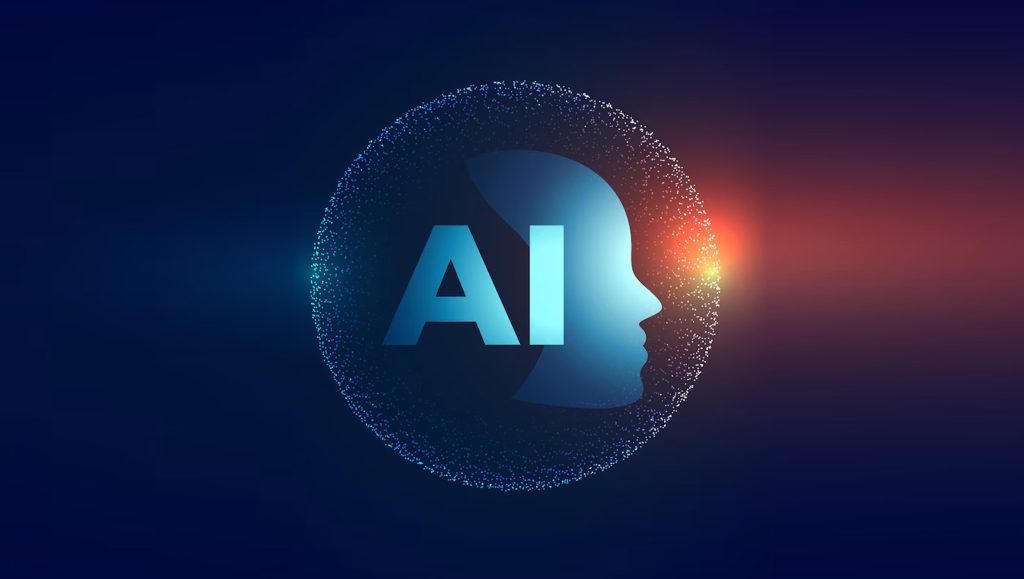Patent application filing covers automated solution for capturing data semantics, using novel signature techniques
Io-Tahoe, a pioneer in Smart Data Discovery and AI-Driven Data Catalog products, in its efforts to continue to transform the data discovery market, announced it has recently filed three patent applications with the United States Patent and Trademark Office. The patent filings cover the generation of data signatures that accurately describe data in a human friendly form using advanced NLP (Natural Language Processing) techniques.
“Across all industries, we see the convergence of, smart and intelligent systems with artificial intelligence in data discovery platforms, to enable the reduction of the most critical and time-consuming components of data analysis”, said Rohit Mahajan, Io-Tahoe’s Co-Founder and Chief Technology Product Officer. “I believe our unique and highly innovative solution enables Io-Tahoe to better address the unmet business challenge of being able to analyze large databases quickly and efficiently, as well as realize value from hidden or unknown relationships within ‘dark data’. For this reason we continue to grow our patent portfolio.”
Read More: A First: Leadmark AI Platform Provides Precise Response Forecast For Ad Campaigns
Determining relationships between schema elements and performing deep profiling of data are time consuming and costly processes for many organizations. CIOs and IT leaders are turning to our intelligent systems which utilize artificial intelligence and machine learning, as they prepare their organizations to leverage the benefits from this technology. Mahajan added, “Our platform has the capability to process millions of customer records and millions of entities quickly and efficiently. Manual discovery and cataloging are no longer feasible.”
Io-Tahoe uses several proprietary signature techniques to capture the meaning of data. This invention advances existing functionality and delivers benefits to customers immediately. One of the fundamental tenets driving Io-Tahoe’s discoveries is that the data, not the metadata, holds the meaning of the content; our unique signature algorithms continue to strengthen the core discoveries and deliver unprecedented value to the enterprise. Existing metadata often poorly labels the content of data and quickly becomes out-of-date. In the case of an enterprise database with millions of entities and billions of rows, manual maintenance of an accurate data catalog is impractical, so sophisticated methods are needed to automate the discovery and data labeling in ways that provide meaningful value to enterprises.
Read More: IronNet Cybersecurity Appoints Sean Foster As Chief Revenue Officer
Io-Tahoe’s AI-Driven Data Catalog leverages its machine learning algorithms to perform discovery on the hidden or unknown – ‘dark data’, producing unique and consistent signatures for the entities. Population of the Data Catalog is automated by leveraging Io-Tahoe’s advanced technology – machine learning algorithms and natural language analysis – to automatically tag data. This automation facilitates smarter crowd sourcing allowing data owners, stewards and subject matter experts to define and govern multiple data rules.
The AI-Driven Data Catalog provides more accurate and descriptive tags of the underlying data as it relates to the business. This further enhances and accelerates a consistent understanding of the data across the enterprise, identifies data anomalies and potential compliance issues, as well as provides a centralized reference for all enterprise citizens.





















